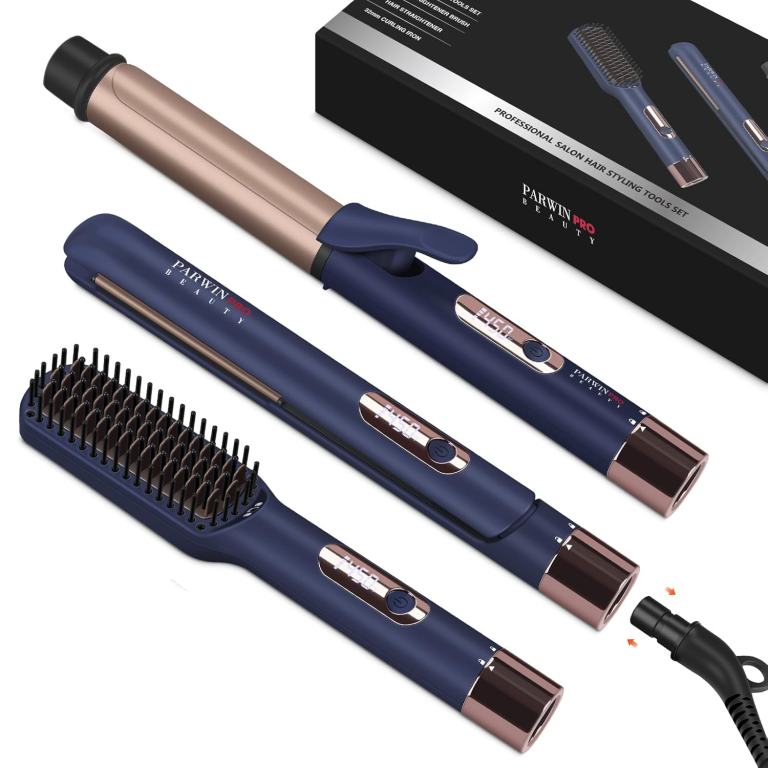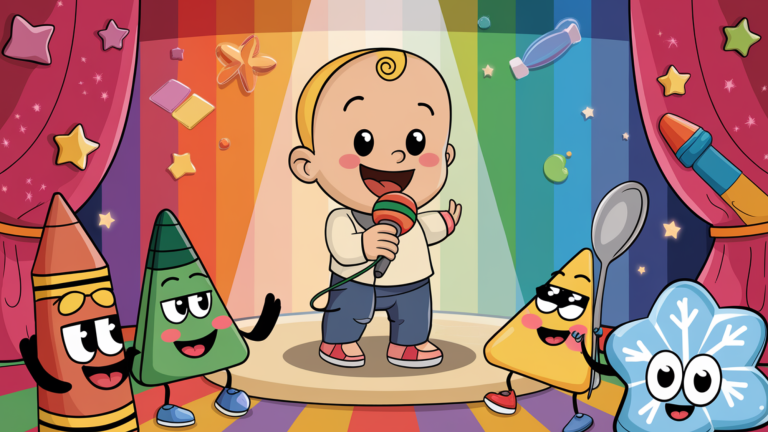220 Hobbies for Teens: Ideas to Spark Your Passion
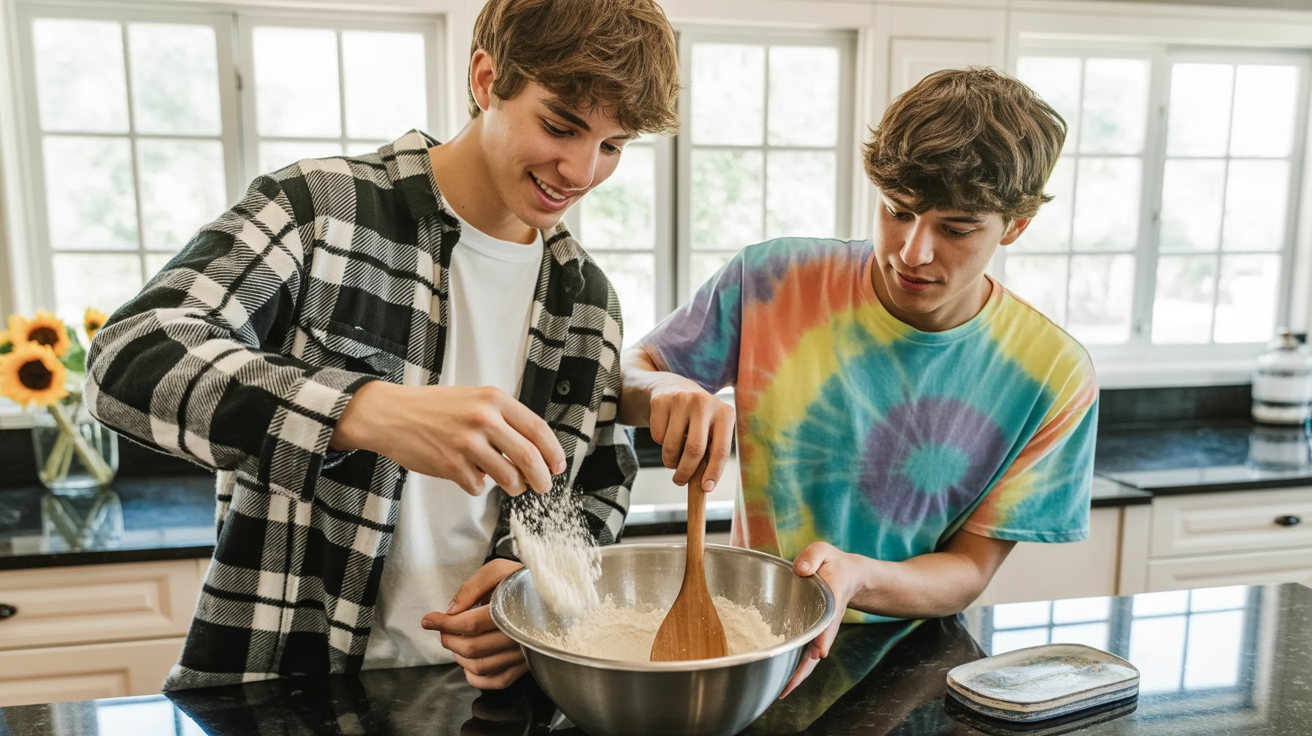
Being a teenager can feel overwhelming sometimes. Between school, social pressures, and figuring out who you are, it’s easy to feel lost or stressed.
That’s where hobbies come in as real life-changers. Hobbies aren’t just ways to kill time; they’re opportunities to develop new skills, boost your mental health, and connect with people who share your interests.
What makes hobby exploration even more exciting today is how teens can connect with others online.
Platforms like Reddit and Quora are filled with teenagers sharing their hobby experiences, asking for advice, and inspiring each other to try new things.
If you’re looking to try something completely new or want to go deeper into an existing interest, this guide will show you practical methods for exploring hobbies and connecting with fellow enthusiasts.
Popular Hobbies for Teens
The world of teen hobbies is incredibly diverse, ranging from creative pursuits that let you express your artistic side to physical activities that keep you healthy and energized.
Each category offers unique benefits and opportunities to develop different skills while having fun and meeting like-minded people.
Visual Arts
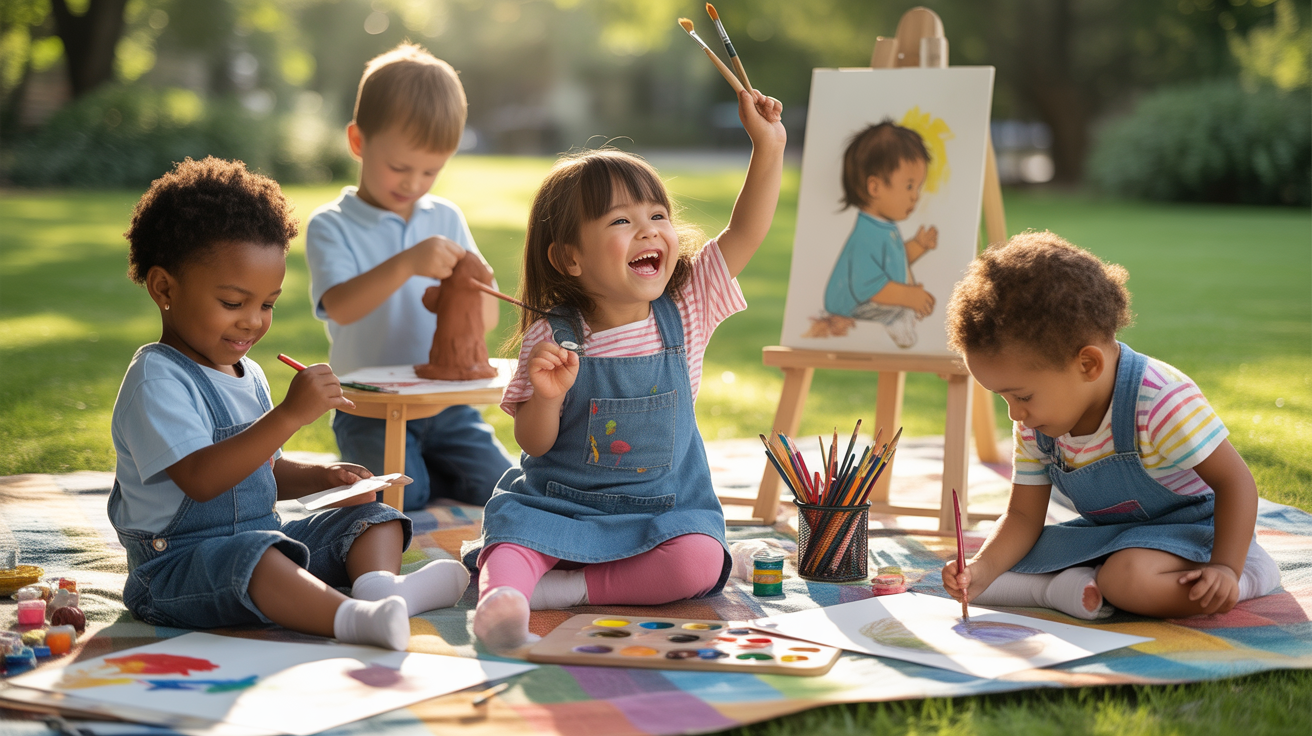
Creative hobbies let you express yourself while developing artistic skills that can last a lifetime. These activities help build confidence and provide a healthy outlet for emotions.
From traditional drawing and painting to modern digital art, the visual arts offer endless ways to tap into your creativity.
Many teens start with simple sketching and gradually move into more complex mediums like oils, watercolors, or digital design software.
Some of these hobbies include:
- Drawing – Create art with pencils, pens, or markers on paper
- Painting – Express yourself with brushes and colors on canvas
- Digital art – Use computers and tablets to create stunning artwork
- Sketching – Quick, loose drawings to capture ideas and moments
- Watercolor painting – Create soft, flowing artwork with water-based paints
- Acrylic painting – Fast-drying paints are perfect for beginners and bold colors
- Oil painting – Traditional, rich painting medium used by master artists
- Charcoal drawing – Dark, dramatic drawings using compressed carbon
- Pencil portraits – Detailed drawings focusing on faces and expressions
- Cartoon drawing – Draw people, objects, and scenes in a fun, exaggerated style
- Anime art – Japanese-style artwork featuring big eyes and expressive characters
- Comic book creation – Create your own stories through illustrated panels
- Graffiti art – Bold, colorful street art using spray paint and markers
- Street art – Public art that changes walls and urban spaces
- Mural painting – Large-scale paintings on walls and buildings
- Canvas painting – Traditional painting on stretched fabric surfaces
- Abstract art – Non-representational art focusing on colors and shapes
- Realistic drawing – Detailed drawings that look like photographs
- Figure drawing – Drawing the human body and form
- Landscape painting – Outdoor scenes featuring nature and scenery
Crafts and DIY
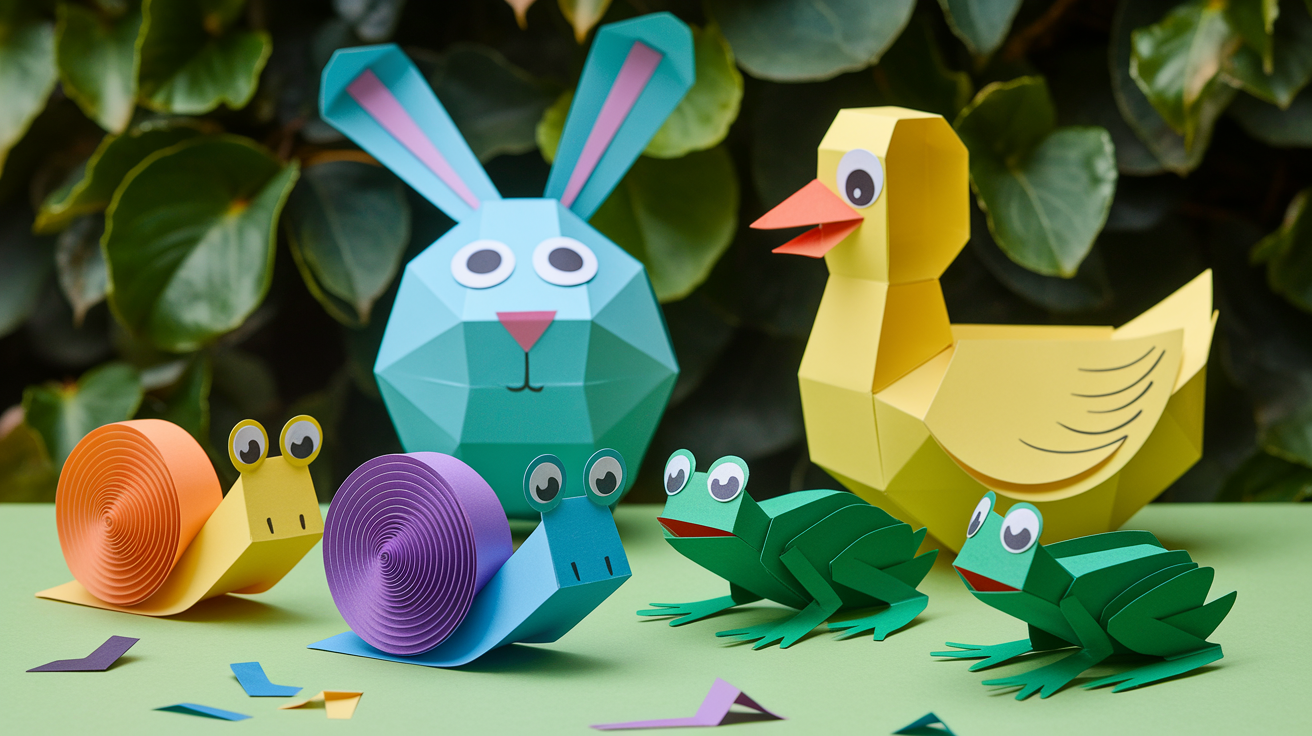
These hands-on activities combine creativity with practical skills, often resulting in useful or beautiful items you can keep or give as gifts.
Working with your hands can be incredibly satisfying and stress-relieving. Most craft hobbies can be started with basic materials from craft stores or even household items.
The DIY community online is incredibly supportive and loves sharing tutorials for beginners.
Some of these hobbies include:
- Jewelry making – Create rings, necklaces, and bracelets from beads and wire
- Pottery – Shape clay into bowls, cups, and decorative objects
- Sculpture – Create three-dimensional art from various materials
- Clay modeling – Shape and mold clay into artistic forms
- Wood carving – Use knives and tools to create art from wood
- Soap making – Make natural, scented soaps from scratch
- Candle making – Create custom candles with different scents and colors
- Embroidery – Decorative stitching on fabric to create beautiful designs
- Cross-stitch – Create pictures and patterns using X-shaped stitches
- Knitting – Use yarn and needles to create clothing and accessories
- Crocheting – Hook yarn into loops to make blankets and hats
- Sewing – Create and alter clothing using fabric and thread
- Quilting – Stitch together fabric pieces to make blankets and art
- Scrapbooking – Preserve memories in decorated photo albums
- Card making – Design and create personalized greeting cards
- Origami – Fold paper into intricate shapes and figures
- Paper crafts – Create decorations and art using paper and cardboard
- Bookbinding – Bind pages together to create custom books
- Leatherworking – Work with leather to make wallets, belts, and bags
- Macrame – Create wall hangings and plant holders with knotted cord
Design and Digital
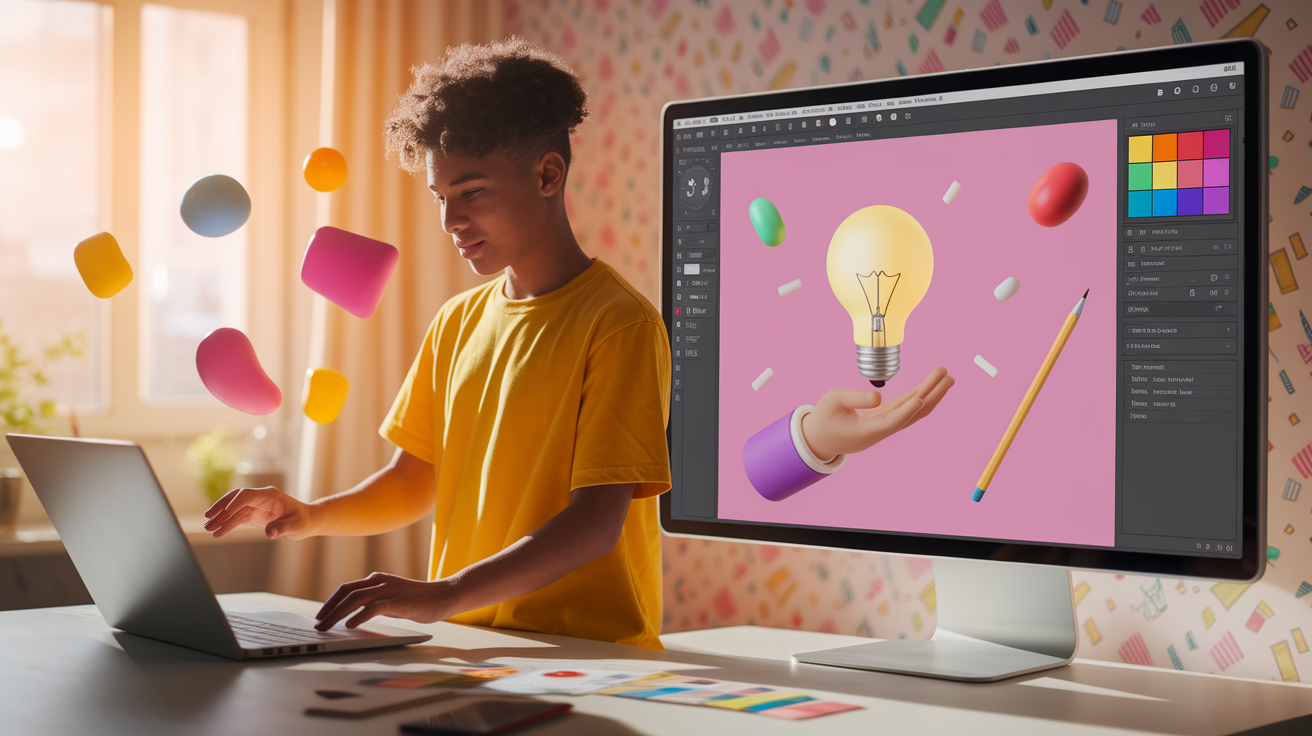
Digital design combines traditional artistic skills with modern technology, opening up career possibilities in graphic design, web development, and digital media.
These skills are increasingly valuable in today’s digital world. Free software like GIMP, Canva, and online tutorials make it easy to start learning digital design without expensive investments.
Many teens build impressive portfolios that help with college applications or even freelance work.
Some of these hobbies include:
- Graphic design – Create visual content for websites, posters, and marketing
- Web design – Design and build websites from scratch
- Logo design – Create memorable symbols and brands for companies
- T-shirt design – Design custom graphics for clothing and merchandise
- Poster design – Create eye-catching advertisements and announcements
- UI/UX design – Design how apps and websites look and feel to users
- 3D modeling – Create three-dimensional objects and characters on computers
- Animation – Bring drawings and characters to life through movement
- Video editing – Edit and combine video footage to tell stories
- Photo editing – Edit and modify photographs digitally
- Digital painting – Create artwork entirely on computers or tablets
- Pixel art – Make retro-style art using tiny colored squares
- Typography – Design with letters and fonts to create a visual impact
- Branding design – Create complete visual identities for businesses
- Icon design – Design small symbols used in apps and websites
- Character design – Create original characters for games, books, and movies
- Concept art – Develop initial visual ideas for projects
- Illustration – Create drawings and artwork for books and magazines
- Motion graphics – Design moving graphics for videos and presentations
- Game design – Create interactive entertainment experiences
Playing Instruments

Music and performance hobbies build confidence, improve coordination, and provide wonderful ways to express creativity and connect with others. Learning an instrument develops discipline, improves memory, and can be a lifelong source of joy and stress relief.
Many instruments can be learned affordably through online tutorials and borrowed or rented equipment.
Some of these hobbies include:
- Guitar – Learn chords and melodies on this versatile string instrument
- Piano – Play melodies and harmonies on black and white keys
- Drums – Keep rhythm and create beats with sticks and percussion
- Violin – Create beautiful melodies with a bow and four strings
- Bass guitar – Provide the rhythmic foundation with low-pitched strings
- Keyboard – Electronic piano with many sounds and features
- Saxophone – A Smooth jazz instrument played with a reed mouthpiece
- Trumpet – Bright brass instrument played in orchestras and bands
- Flute – Delicate woodwind instrument with a sweet, airy sound
- Ukulele – Small, cheerful four-string instrument from Hawaii
- Harmonica – A Portable instrument you play by breathing in and out
- Clarinet – Smooth woodwind instrument with a rich, warm tone
- Cello – A Large string instrument played with a bow while seated
- Banjo – A Folk instrument with a distinctive twangy sound
- Accordion – Squeeze-box instrument popular in folk music
- Electric guitar – Amplified guitar, perfect for rock and blues music
- Acoustic guitar – Traditional guitar that doesn’t need amplification
- Digital piano – Electronic version of a piano with weighted keys
- Electronic drums -An Electronic drum kit that uses pads instead of drums
- Synthesizer – An Electronic keyboard that creates and modifies sounds
Music Creation

Creating original music allows teens to express their unique voices and perspectives while learning valuable technical skills.
Modern technology has made music production more accessible than ever before. Free software like GarageBand, Audacity, and onlinbeatmakersrs let anyone start creating music immediately.
Many teens share their creations on platforms like SoundCloud, YouTube, or TikTok to build audiences.
Some of these hobbies include:
- Songwriting – Write lyrics and melodies to create original songs
- Music production – Use software to record, mix, and create music
- Beat making – Create rhythmic patterns and backing tracks
- Recording – Capture live music performances in studios or at home
- Mixing music – Balance and blend different audio tracks
- Sound engineering – Control technical aspects of recording and live sound
- DJ-ing – Mix and play music for parties and events
- Remixing – Take existing songs and create new versions
- Composing – Write original instrumental music pieces
- Lyric writing – Write words and poetry for songs
- Podcast creation – Create audio shows about topics you’re passionate about
- Audio editing – Edit and augment audio recordings
- Music arrangement – Organize and structure musical compositions
- Electronic music – Create music using synthesizers and digital tools
- Hip-hop production – Produce beats and tracks in the hip-hop style
- Rock music – Create and play energetic guitar-based music
- Folk music – Play traditional acoustic music with storytelling
- Jazz music – Perform complex, improvisational music
- Classical music – Study and perform traditional orchestral music
- Pop music – Create catchy, mainstream music
Performance Arts
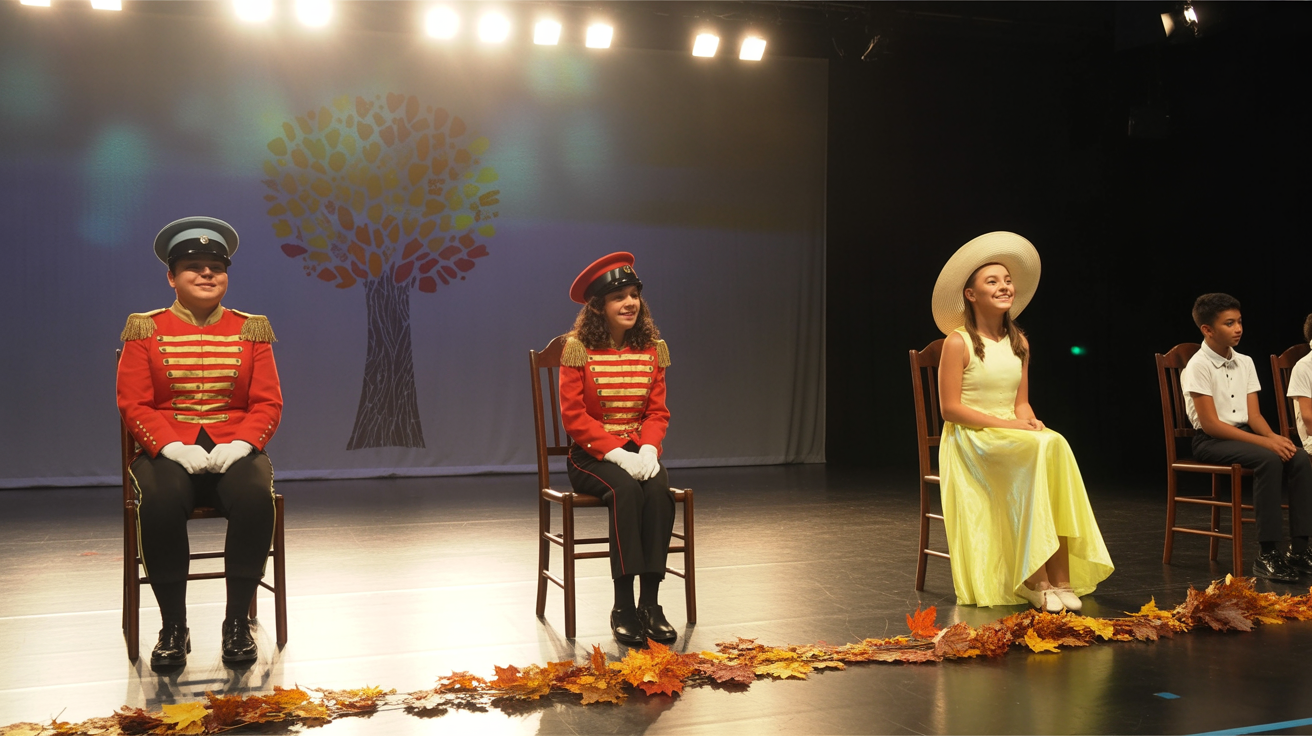
Performance hobbies build confidence and public speaking skills and help teens become comfortable expressing themselves in front of others. These activities often lead to strong friendships through shared creative experiences.
Many schools offer drama clubs, choir, or dance teams as free ways to get started. Community theaters and local performance groups also welcome teen participants and provide mentorship opportunities.
Some of these hobbies include:
- Singing – Use your voice to perform songs and express emotions
- Dancing – Express yourself through movement and choreography
- Acting – Perform characters and stories on stage or screen
- Theater – Participate in plays and dramatic performances
- Stand-up comedy – Make people laugh with jokes and humorous observations
- Magic tricks – Learn illusions and sleight of hand to entertain others
- Spoken word – Perform poetry and stories through powerful speech
- Poetry recitation – Memorize and perform poems with expression
- Improv comedy – Create comedy through spontaneous, unscripted scenes
- Musical theater – Combining singing, acting, and dancing in stage productions
- Opera singing – Perform classical vocal music with dramatic flair
- Choir singing – Sing harmonies with a group of other voices
- Solo performance – Perform music or acts by yourself on stage
- Band performance – Play music with other musicians in a group
- Street performing – Entertain people in public spaces for tips
- Talent shows – Showcase your abilities in organized competitions
- Voice acting – Provide voices for animated characters and commercials
- Radio hosting – Host radio shows and interview guests
- Live streaming – Broadcast yourself live on the internet
- Content creation – Create videos, posts, and media for online audiences
Programming and Development
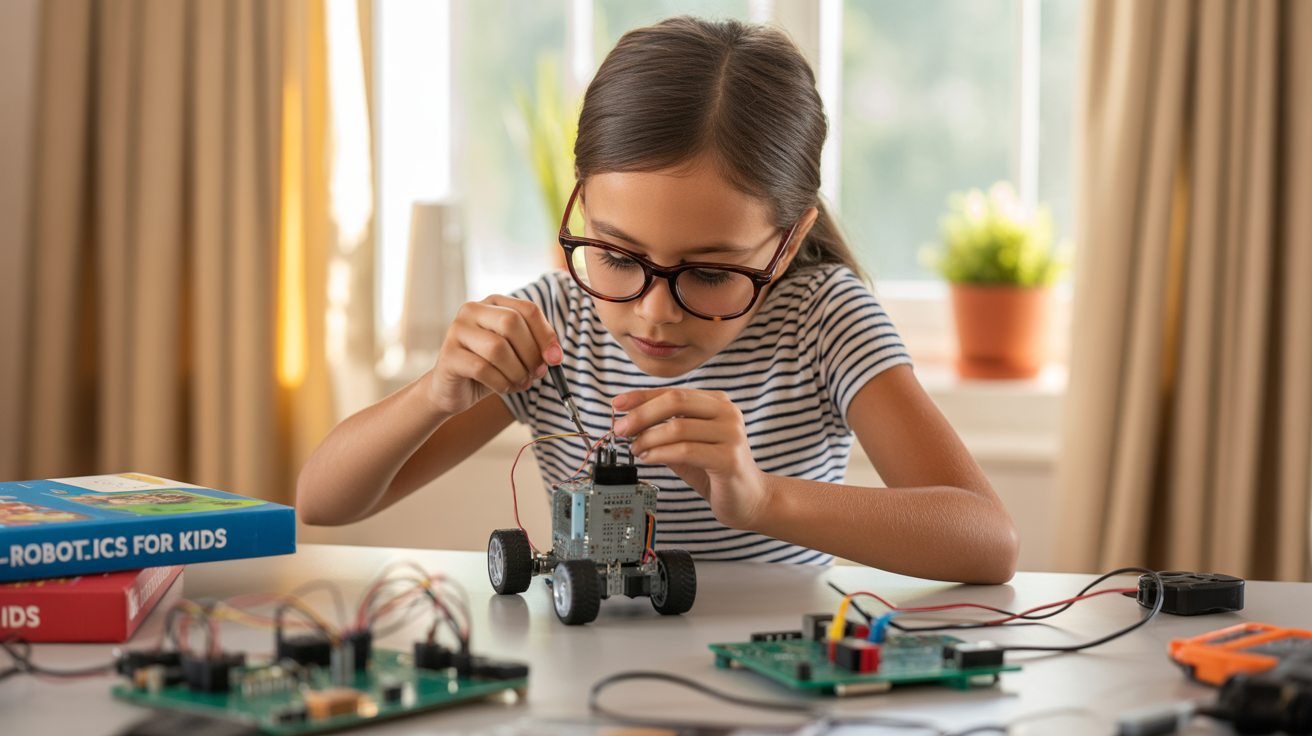
Tech hobbies are perfect for teens who love problem-solving, creativity, and staying up-to-date with the latest innovations. Programming teaches logical thinking and problem-solving skills that apply to many areas of life.
Many free resources like Codecademy, Khan Academy, and YouTube tutorials make learning programming accessible to everyone.
Some of these hobbies include:
- Coding – Write instructions for computers to solve problems
- Web development – Build websites and web applications from scratch
- App development – Create mobile applications for phones and tablets
- Game development – Design and program interactive video games
- Python programming – Learn one of the most popular programming languages
- JavaScript – Create interactive websites with this versatile language
- HTML/CSS – Build the structure and style of web pages
- Mobile app creation – Develop apps specifically for smartphones
- Software development – Create programs and applications for computers
- Database management – Organize and manage large amounts of data
- Cybersecurity – Protect computer systems from digital threats
- Ethical hacking – Find security vulnerabilities to help improve systems
- AI programming – Program computers to simulate human intelligence
- Machine learning – Teach computers to learn from data patterns
- Robotics programming – Program robots to perform tasks automatically
- Automation – Create scripts that perform repetitive tasks automatically
- Script writing – Write code that automates computer processes
- API development – Create connections between different software systems
- Open source contributing – Contribute code to free, community-driven projects
- Bug bounty hunting – Find security flaws in systems for rewards
Gaming and Esports

Gaming has evolved from simple entertainment to a legitimate hobby with competitive scenes, content creation opportunities, and strong communities.
Many teens develop valuable skills like strategic thinking, teamwork, and quick decision-making through gaming. Esports tournaments and streaming platforms offer opportunities to turn gaming skills into potential career paths.
Game design and modification also provide creative outlets for teens interested in how games are made.
Some of these hobbies include:
- Video gaming – Play interactive digital entertainment on various platforms
- PC gaming – Game on powerful desktop computers with high-end graphics
- Console gaming – Play games on PlayStation, Xbox, or Nintendo systems
- Mobile gaming – Game on smartphones and tablets anywhere
- Retro gaming – Play classic games from earlier gaming generations
- Speedrunning – Complete games as fast as possible in timed runs
- Game streaming – Broadcast your gaming sessions live to audiences
- Esports competing – Compete professionally in video game tournaments
- Game reviewing – Write critiques and opinions about video games
- Gaming content creation – Create videos, streams, and posts about gaming
- Twitch streaming – Stream live gameplay on the popular Twitch platform
- YouTube gaming – Create gaming videos for the YouTube platform
- Game modding – Modify existing games to add new features
- Level design – Design and create levels for existing games
- Beta testing – Test games before release to find bugs and issues
- Gaming tournaments – Participate in organized gaming competitions
- Board game design – Create original tabletop games with rules and pieces
- Card game creation – Design original playing card games
- Puzzle-solving – Solve complex puzzles and brain teasers
- Game collecting – Build collections of rare and vintage games
Tech Projects

Hands-on technology projects combine creativity with practical skills, often resulting in useful gadgets or learning experiences. These hobbies teach problem-solving and can spark interest in engineering or technology careers.
Starting with simple Arduino projects or basic electronics kits provides foundation knowledge that can grow into more complex builds.
Online communities share project ideas, troubleshooting help, and celebrate successes.
Some of these hobbies include:
- Electronics – Build circuits and work with electrical components
- Arduino projects – Create interactive projects with these beginner-friendly boards
- Raspberry Pi – Build mini-computers for various creative projects
- 3D printing – Create physical objects from digital designs
- Drone building – Assemble and customize flying drones from parts
- Computer building – Build desktop computers from individual components
- Hardware tinkering – Take apart and modify electronic devices
- Circuit design – Plan and draw electronic circuit diagrams
- IoT projects – Connect everyday objects to the internet
- Smart home automation – Automate lights, locks, and appliances in your home
- Tech repair – Fix broken phones, computers, and gadgets
- Phone repair – Specializing in repairing smartphone issues
- Computer repair – Diagnose and fix computer hardware and software problems
- Gadget modification – Customize and improve existing electronic devices
- Tech reviews – Create videos reviewing new technology products
- Unboxing videos – Film yourself opening and testing new tech products
- Tech tutorials – Teach others how to use technology through videos
- Digital forensics – Investigate digital evidence and recover data
- Network administration – Manage and maintain computer networks
- Server management – Set up and maintain computer servers
Sports and Fitness

Physical hobbies keep you healthy, build strength and endurance, and often provide great opportunities to enjoy nature and fresh air.
Team sports build cooperation and leadership skills while individual activities like running or cycling offer personal goal-setting opportunities.
Many teens find that physical activity helps manage stress and improves focus in other areas of life.
Some of these hobbies include:
- Basketball – A Team sport focusing on shooting hoops and teamwork
- Soccer – The World’s most popular sport played with feet and a ball
- Tennis – Racquet sport played on a court with a net
- Swimming – Full-body exercise in pools, lakes, or oceans
- Running – Cardiovascular exercise, you can do almost anywhere
- Cycling – Find areas on two wheels while getting great exercise
- Skateboarding – Ride on four wheels while performing tricks and stunts
- Longboarding – Cruise smoothly on a longer board for transportation
- Rock climbing – Scale natural or artificial rock faces using ropes
- Bouldering – Climb shorter routes without ropes in safe environments
- Martial arts – Learn self-defense while improving discipline and fitness
- Boxing -A Combat sport focusing on punches and footwork
- Wrestling – Grappling sport emphasizing technique and strategy
- Gymnastics – Develop flexibility, strength, and grace through routines
- Track and field – Compete in running, jumping, and throwing events
- Volleyball – A Team sport played by hitting a ball over a net
- Baseball – American pastime involving batting, pitching, and fielding
- Softball – Similar to baseball but with underhand pitching
- Golf – Precision sport played on courses with clubs and balls
- Badminton – Racquet sport similar to tennis but with a shuttlecock
Outdoor Activities

Outdoor activities connect teens with nature while building confidence, independence, and appreciation for the environment. These hobbies often become lifelong passions that provide both physical and mental health benefits.
Many outdoor activities can be started locally with minimal equipment and then expanded as interest and skills develop. Outdoor clubs and organizations often provide mentorship and group activities for beginners.
Some of these hobbies include:
- Hiking – Walk on trails and find natural areas on foot
- Camping – Sleep outdoors and enjoy nature overnight
- Backpacking – Multi-day hiking trips, carrying all your gear
- Mountain biking – Ride bicycles on off-road trails and rough terrain
- Trail running – Run on natural trails instead of roads or tracks
- Fishing – Catch fish in rivers, lakes, or oceans
- Kayaking – Paddle single-person boats through waterways
- Canoeing – Paddle larger boats with others through rivers and lakes
- Surfing – Ride waves on a board in oceans or lakes
- Snowboarding – Slide down snowy slopes on a single board
- Skiing – Glide down mountains on two long, narrow boards
- Ice skating – Skate on frozen ponds, rinks, or outdoor ice
- Roller skating – Skate on wheels at rinks or outdoor areas
- Parkour – Move through urban environments using athletic skills
- Geocaching – Use GPS to find hidden treasures in outdoor locations
- Bird watching – Observe and identify different bird species in nature
- Wildlife photography – Photograph animals in their natural habitats
- Nature walks – Take peaceful walks to enjoy and observe nature
- Stargazing – Observe stars, planets, and celestial objects at night
- Outdoor survival – Learn skills to thrive in wilderness environments
How to Encourage Teens to Find New Hobbies
Getting started with new hobbies can feel intimidating, but it’s also one of the most rewarding experiences a teenager can have. The key is creating a supportive environment where exploration feels exciting rather than pressured.
| Pros of Trying New Hobbies | Potential Challenges |
|---|---|
| Develops new skills and talents | It may feel overwhelming at first |
| Boosts confidence and self-esteem | It can be expensive to start |
| Provides stress relief and fun | Takes time away from other activities |
| Creates opportunities to meet like-minded people | Might face judgment from peers |
| Improves mental and physical health | The learning curve can be frustrating |
| Builds patience and perseverance | May lose interest quickly |
1. Introducing New Hobbies
Pay attention to what already interests them and create opportunities without pressure. Visit local events, watch documentaries together, or simply provide access to materials and let curiosity take over.
2. Overcoming Resistance
Help teens understand that everyone starts as a beginner. Address cost concerns by starting with minimal investments, borrowing equipment, or finding free community resources before making major purchases.
3. Supporting Their Interests
Show genuine interest in their explorations, celebrate small wins, and be patient when they want to share their passion. Remember that changing interests is normal and healthy for teenagers.
Engaging with Hobby Communities Online
The internet has completely changed how teens can find and develop hobbies.
Online communities provide instant access to experts, beginners, tutorials, and inspiration from around the world, making it easier than ever to learn new skills and find fellow hobby enthusiasts.
1. Reddit and Quora Communities
Reddit and Quora have incredible resources for teens exploring hobbies. Almost every hobby has its subreddit where people share tips, ask questions, and showcase their work.
Communities like r/LearnToDraw, r/WeAreTheMusicMakers, and r/programming provide free advice from experienced practitioners and are welcoming to beginners.
2. Building Connections
Online hobby communities offer something unique: people who truly understand your interests. You can find thousands of people who share your passion and are eager to help you improve.
These connections often extend beyond hobby advice to friendships, mentorships, and future collaborations.
3. Sharing Content
Documenting and sharing your hobby progress online helps you track improvement, get feedback from experienced practitioners, and inspire other beginners.
Platforms like Instagram, TikTok, YouTube, and Reddit are perfect for sharing hobby content, even for a beginner.
Real-Life Teen Experiences and Insights
Nothing beats hearing from real teenagers who have found hobbies that changed their lives. These stories from Reddit, Quora, and other platforms show how hobbies can impact everything from mental health to future career paths.
Success Stories
One Reddit user shared how learning guitar during quarantine helped overcome depression and led to joining a local band.
Another teen described how photography changed their perspective and eventually led to being hired for local events, developing both a skill and a potential career path.
Teens’ Favorite Hobbies
Based on online discussions, digital art, and design rank highly due to accessible tools and instant sharing capabilities.
Gaming and content creation remain extremely popular, with many teens creating content about games or developing their own.
Music production is also popular, with teens learning to create music digitally rather than just traditional instruments.
Challenges and Solutions
The most common challenge is feeling like progress is too slow. Experienced hobbyists recommend focusing on the process rather than comparing it to others.
Time management is another concern; starting with just 15-30 minutes a few times a week can lead to significant progress. Cost concerns often have creative solutions like hobby swaps, free tutorials, and starting with basic materials.
Enjoy the Path of Finding Hobbies
The path to finding meaningful hobbies is unique for every teenager, and that’s exactly as it should be.
Your interests will evolve, some hobbies will stick while others won’t, and you’ll constantly learn new aspects of yourself through different activities.
This exploration process is just as valuable as the hobbies themselves. Hobbies play a crucial role in shaping who you become as a person.
They teach you that you can learn new things, overcome challenges, and create something meaningful while providing healthy ways to manage stress and connect with others.
Start with what you have, where you are, right now. Join those Reddit communities, ask questions on Quora, and begin exploring.
Pick one activity from this list that caught your attention, find its online community, and take the first step today.


